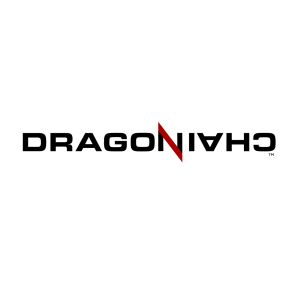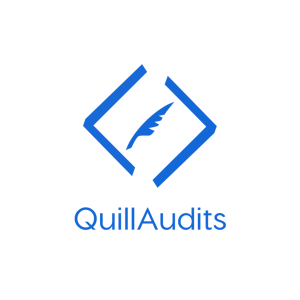Smart Contracts
Showing all 5 results
-
 Quick view
Quick viewDragonchain Smart Contracts
Address lack of trust and increase transparency between people and stakeholders with Dragonchain’s smart contracts. Our smart contracts automate any process your business needs reducing unnecessary costs, time expenditure, and inefficiencies in processes. Written in any code language, our smart contracts are published to Docker containers for flexibility and scalability. Dragonchain smart contracts are unique in that they can act as oracles by publishing and watching for information from any source to bring true automation to your business today.Free Consultation -
 Quick view
Quick viewDragonchain Smart Contracts Orchestration System
Our patented Smart Contract Orchestration system adds even more flexibility for businesses to add or swap steps in a complex business process without affecting the entirety of the process, saving time, money, and developer resources.Free Consultation -
 Quick view
Quick viewDragonchain Interchain
Dragonchain’s Interchain™ Smart Contracts allow for simple integrations with traditional business systems. Dragonchain makes it possible for businesses to leverage decentralization and interoperability with hybrid architecture so their data is both verifiable and secure. Every component to Interchain’s four-dimensional approach is simultaneously usable according to each business's interoperability needs.Free Consultation -
 Quick view
Quick viewRequestum Web3 Custom Software Development
Developing applications involves juggling several moving pieces like front-ends, back-ends, and databases. But developing a decentralized application on a blockchain adds a few more elements like smart contracts and nodes that allow you to connect to the blockchain. Requestum develops web3 blockchain projects of literally any complexity. From NFT marketplaces to complex digitalization of business domains with blockchain integration.Free Consultation -
 Quick view
Quick viewQuillAudits Blockchain Security Services
Free ConsultationSmart contract auditing services involve reviewing and analyzing the code underlying a smart contract or decentralized application (dApp) to ensure its security, functionality, and compliance with best practices. This process typically involves a thorough examination of the code, testing for potential vulnerabilities or bugs, and providing feedback to the project team to address any issues found. The goal of a smart contract audit is to increase confidence in the reliability and safety of the contract or dApp, and to mitigate the risk of potential security breaches or financial loss.
